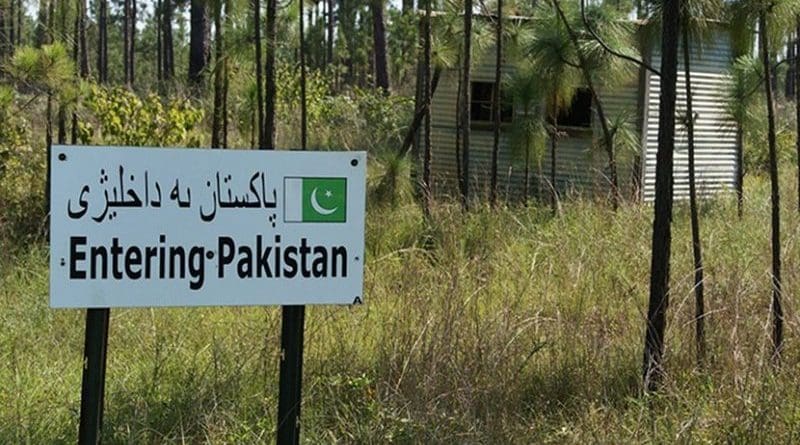Pakistan: A Beacon Of Hope – OpEd
By Basit Ali
As the dawn of FY2023-24 emerged, Pakistan’s economic landscape witnessed a resounding resurgence. In this fiscal year, exports soared by an impressive 14.2 percent, while imports registered a steady 2.1 percent growth. The global economic climate, coupled with eased import restrictions, has alleviated supply chain disruptions, breathing new life into the export-driven industries.
Moreover, Foreign Direct Investment (FDI) experienced a remarkable upswing, surging by 16.1 percent in the initial months of FY2023-24, attributed to a surge in Chinese investments and stable exchange rates. The agriculture sector, a cornerstone of Pakistan’s economy, showcased an astounding 79.9 percent growth in cotton arrivals, setting a robust foundation for the fiscal year. Even the Large Manufacturing Scale (LSM) sector, though initially sluggish, displayed pockets of growth in critical sectors, thanks to a more conducive import environment. Complementing this, fiscal accounts revealed heartening figures, with the fiscal deficit remaining at a steady 0.2 percent of the GDP and a noteworthy surplus in the primary balance. Furthermore, the cement industry experienced a meteoric rise, dispatching a staggering 7.7 million tons in the initial months of FY2024.
Recent measures to combat illegal domicile and illicit activities in Pakistan have substantial economic repercussions. Pakistan seeks to establish a more regulated and transparent economic environment by enforcing strict immigration policies and clamping down on illegal practices. This will likely result in increased tax compliance, increased confidence among foreign investors, and a decline in the informal sector. In addition, the digitized identity card system and enhanced border controls will enhance security and facilitate smoother cross-border commerce, thereby possibly enhancing international economic interactions. The concerted efforts against drug smuggling, currency smuggling, and power theft demonstrate a dedication to combating economic crimes, thereby nurturing an environment more conducive to sustainable growth.
The economic recovery from these obstacles is a beacon of hope for the nation. A revitalized and well-regulated economy promises greater stability, which will attract both domestic and international investment. This, in turn, can contribute to the creation of jobs, an increase in productivity, and an improvement in the population’s standard of living. In addition, a flourishing formal economy will provide the government with additional revenue streams, allowing them to invest in essential sectors such as healthcare, education, and infrastructure. Restoring economic order and discipline paves the way for Pakistan to become more prosperous and inclusive.
These measures reaffirm the government’s dedication to upholding the rule of law and assuring compliance with legal frameworks. This creates an environment conducive to long-term economic growth by instilling confidence and trust in the population, businesses, and investors. Pakistan positions itself as an attractive destination for foreign direct investment, trade, and economic partnerships by aligning with global best practices and assuring compliance with international standards.
The measures taken to recover and stabilize the economy have given the nation a renewed sense of optimism and a brighter economic outlook. Pakistan is not only addressing current challenges by strengthening economic fundamentals and cultivating a culture of compliance, but it is also paving the way for sustained growth and prosperity in the years to come.

